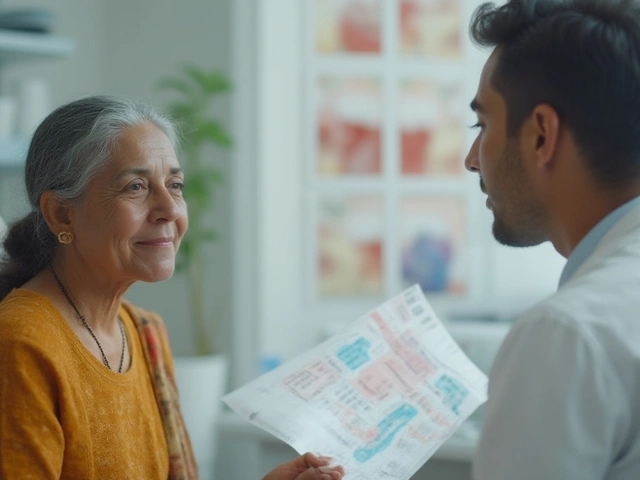Emergency Abroad: How to Manage a Medical Crisis When Traveling
Finding yourself in a medical emergency far from home can feel terrifying. The good news is that with a few simple plans in place, you can act fast, get the right care, and avoid panic. Below you’ll get a clear roadmap that works for any country you visit – from Asian hotspots to European cities.
Know the Basics Before You Travel
Start by adding three items to your travel checklist. First, copy your medical records – allergies, chronic conditions, and current meds – onto a USB drive or secure cloud folder. Second, buy a travel health insurance policy that covers hospitalization, ambulance rides, and evacuation. Third, write down the phone number of the Indian embassy or consulate in your destination; they can help with paperwork and sometimes connect you with reputable hospitals.
When you land, locate the nearest hospital that accepts international insurance. Apps like Google Maps, or local health‑tourism sites, often show ratings and language support. If you don’t speak the local language, download a translation app that works offline – it can save minutes when you need to explain symptoms to staff.
What to Do During an Emergency
If you or a travel companion suddenly feels unwell, stay calm and assess the situation. For severe symptoms – chest pain, breathing trouble, uncontrolled bleeding – call the local emergency number right away (112 in most of Europe, 911 in the US, 108 in India). Mention that you are a foreigner and need an English‑speaking medical team if possible.
While waiting for help, have your medical summary ready to hand over. If you can, take a photo of the injury or a short video; visual cues help doctors understand the problem faster. Once the ambulance arrives, let the paramedics know about any allergies or medications you’re on.
After you reach the hospital, ask for a copy of all bills and medical reports. Keep these documents for insurance claims and for the embassy if they need to verify your condition. If the treatment cost looks high, you can ask the hospital admin whether a cheaper generic version of any prescribed drug is available – many countries have equivalent drugs at lower prices.
When the situation stabilizes, inform your family back home and share your location. Most Indian embassies have a 24‑hour helpline that can help arrange a medical evacuation if your condition requires it. Remember, evacuation is usually the most expensive part of the claim, so having comprehensive insurance is crucial.
Finally, after you return, follow up with your regular doctor in India. Show them the foreign medical records, discuss any ongoing medication changes, and update your health plan accordingly.
Being prepared turns a scary medical emergency abroad into a manageable event. Keep your records, get solid insurance, and know the local emergency contacts. With these steps, you can travel confidently and focus on enjoying your trip instead of worrying about the “what‑ifs.”





